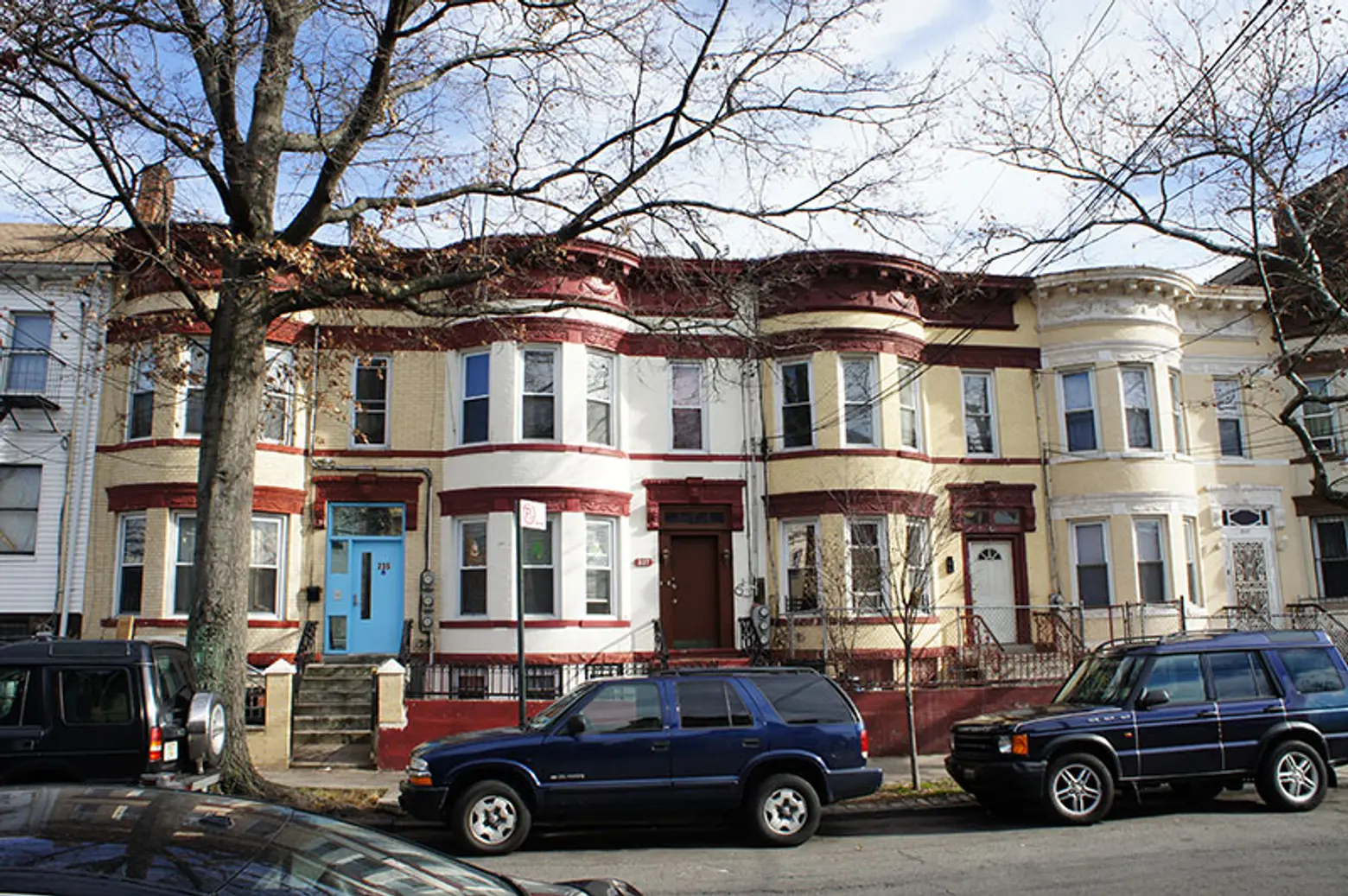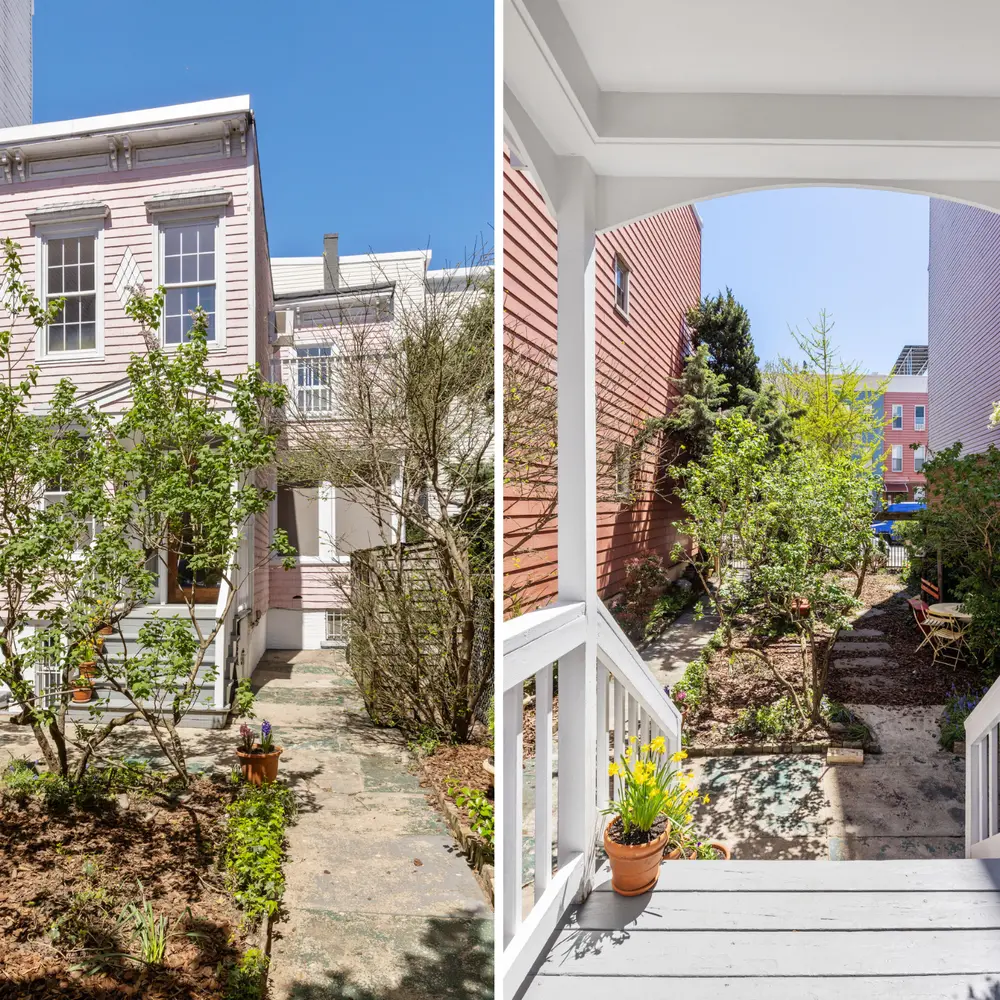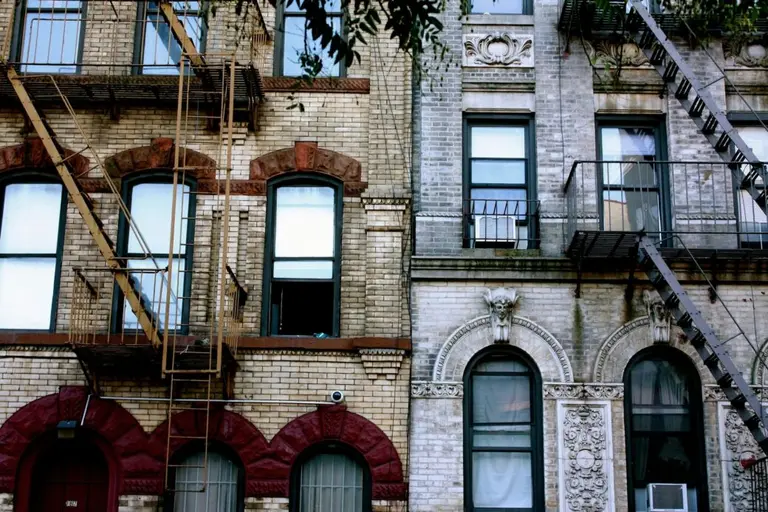What you need to know about NYC’s basement apartments

Photo courtesy of HPD
This week, Hurricane Ida brought record rainfall and historic flash flooding to New York City, which ultimately led to the deaths of at least 13 New Yorkers. A majority of the people killed lived in basement apartments, where water was able to get in and block the only way out. These “hidden” units have always been prevalent in New York City, which is home to roughly 50,000 basement apartments, although that number is likely much higher as many of them are considered illegal.
The tragic events of this last week have renewed calls from advocacy groups and elected officials to legalize basement apartments to make them safe for the more than 100,000 New Yorkers who live in them. Ahead, learn about the difference between a legal and illegal basement apartment, what can be done to protect tenants, and what the future holds for these homes, seen as a critical component of the city’s insufficient affordable housing stock.
What is a basement apartment?
Apartments that are partly below curb level and have at least one-half of the height above ground are considered basement units. These apartments add to New York City’s existing inadequate housing stock while providing a more affordable rental option for residents. If more than half of the apartment sits underground, it is considered a cellar apartment by the city’s Department of Housing Preservation and Development. All cellars in New York are illegal to rent.
It’s unclear the exact number of basement apartments that exist in New York, but the city estimates there are at least 50,000 units, home to 150,000 New Yorkers, at the very minimum.
How do you know if a basement apartment is legal?
There are several conditions related to light, air, and sanitation a basement apartment must meet in order to be considered legal by the city. Basements in one-family homes can be legally rented if:
- The ceiling height is at least 7 feet tall
- Meets the Housing Maintenance Code for minimum room size
- Walls must be as high ground level and damp- and water-proofed if necessary, as determined by HPD.
- The unit is occupied only by members of the family living in the apartment and does not include those boarding.
- Every room must have at least one window.
- The bottom of the yard or open space must not be higher than six inches below any window.
- Must be approved by the Department of Buildings.
You can check if an apartment is legal by searching for the building’s Certificate of Occupancy on the Department of Building’s website here. A Certificate of Occupancy means the city has inspected the apartment to ensure it meets all code and zoning requirements.
What dangers do tenants who live in illegal units face?
Illegal units often do not meet basic safety conditions set by the city, including providing tenants more than one exit or a window that is large enough to use to get out. Typical dangers include carbon monoxide poisoning, inadequate ventilation, and lack of an escape route in case of a fire. On Wednesday, a fire in a basement apartment caused by an electric bike battery killed a 9-year-old boy in Queens.
With climate change making these tragic flooding events occur more frequently, tropical storms and heavy rainfall are also a threat to those living in basement and cellar apartments. Plus, many illegal basement and cellar units have no lease terms and offer tenants limited rights.
How do you report a suspected illegally converted apartment?
New Yorkers who suspect an illegal conversion, which in addition to basement apartments could include a rooming house, housing in a building designated for manufacturing use, or adding an apartment in an attic or garage without proper DOB approval, can call 311. An inspector from the city will then investigate the property.
Many tenants of illegal basement apartments do not seek help as they are afraid they will be evicted or even deported. De Blasio on Friday said those who call 311 or 911 will not be asked for documentation status. “We’re not here to make people vulnerable, we’re here to save lives,” the mayor said.
Between January 2011 and this week, the city received more than 157,000 complaints about illegal conversions, as the New York Times reported. But according to the newspaper, more than half of the cases were closed after an inspector failed to access the unit.
What can be done to protect tenants living in these apartments?
For years, housing and immigrant advocacy groups have called on the city to help homeowners convert illegal basement apartments into legal, safe dwellings. In 2018, de Blasio launched the Basement Apartment Conversion Pilot Program to help homeowners create, as well as renovate, legal basement and cellar apartments in Brooklyn, as a way to increase the stock of affordable housing, provide income for small landlords, and ensure the safety of renters.
Under the program, homeowners who earn at or below 165 percent of the area median income can work with a community organization to get help applying for a low-interest loan and selecting a contractor for the project.
The program is part of an effort of the BASE (Basement Apartments Safe for Everyone) campaign, led by a coalition of advocacy groups including the Pratt Center for Community Development, the Chhaya Community Development Corporation, and others. The coalition believes there’s a potential for 200,000 basement and cellar apartments in the city.
While the pilot is ongoing, the budget for the program was slashed by the city last year as part of broader pandemic-related budget cuts. During a press conference Friday, De Blasio said the program wasn’t as successful as he had hoped, due to prohibitive red tape and high costs of converting the apartments involved. According to THE CITY, just eight homeowners have been approved for the program and no apartments have been made legal yet.
Earlier this year, State Sen. Pete Harckham and Assemblymember Harvey Epstein introduced legislation to regulate and expedite the legalization of “accessory dwelling units,” housing units located on a lot with a primary residence and which include permanent provisions for sleeping, eating, cooking, and sanitation. The bill is currently stuck in committee.
What’s next?
The mayor announced on Friday plans to create a new alert system to reach New Yorkers living in basement apartments ahead of a major storm or potential flooding event. “For folks in basement apartments, if we’re seeing this kind of rain, we have to have an evacuation plan that can reach them,” de Blasio said.
According to the mayor, this could mean first responders going door-to-door and evacuating people from their apartments. This would involve an accounting of all of these types of apartments in New York City, which currently does not exist and would be challenging to do, and creating a database of these units and where they are located.



























